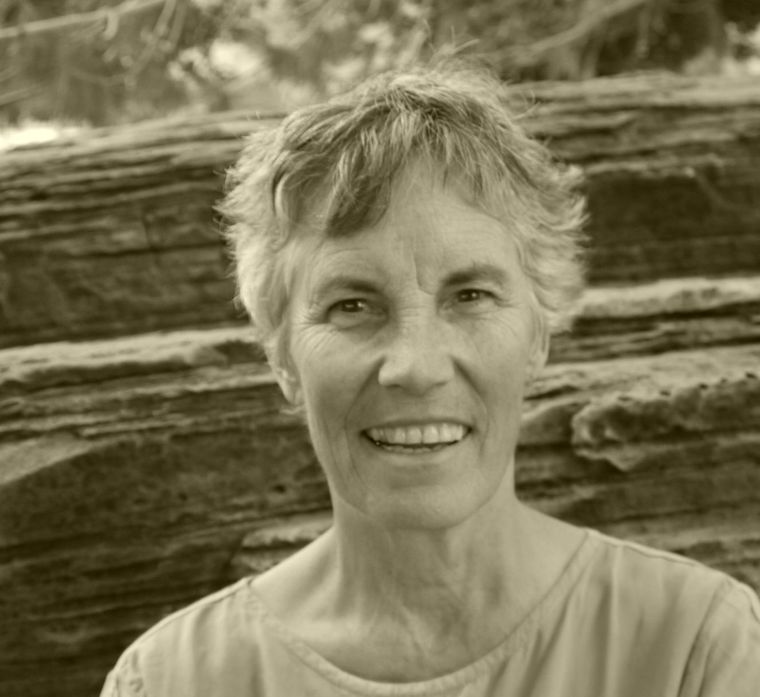To hear or read most of the news about the Ammon Bundy-led occupation of the Malheur National Wildlife Refuge offices in southeastern Oregon, you would figure that ranchers who graze cattle on the refuge and the U.S. Fish and Wildlife Service have been operating on different planets. Not so.
As Colby Marshall, the member of a ranching family that has long retained grazing permits on the refuge reports on a recently finalized comprehensive conservation plan for the refuge, “Ultimately, at the end of the day, ranchers and environmentalists all agreed it was excellent. What it did is it provided flexibility for the public lands managers and the ranchers.” (Environment and Energy Daily, Jan. 7, 2016).
Huh? Maybe it’s Colby Marshall and Ammon Bundy that are operating on different planets – one where people with different values, facts and perspectives work out differences by meeting together, and the other where differences are dealt with at the ends of gun barrels.
It seems to me that big trouble brews whenever someone obsesses on a particular, narrowly construed concept in a religious, political or other social setting. If the one obsessed stops talking with others who have different ideas, that concept may begin to glow for them like a lodestar, until all other voices or concepts – or facts – must be blotted out. Maybe even with guns.
The idea of democracy in the U.S. and many other countries is to establish multiple processes whereby divergent voices and values and hopes can be heard and differences can be addressed – in courts, in elections, in community meetings, in protests, in books, on the web, in newspapers – but without killing each other.
Sometimes the courts aren’t enough. Sometimes elections aren’t enough. Sometimes meetings don’t work … and so on. The important thing is for a society to have a whole series of options for where we will be likely to really hear someone we really haven’t wanted to hear; where we can possibly be heard when no one wanted to listen to us; where we can ask key questions; where we can jointly look at which “facts” are really facts. Without picking up guns.
The miracle of people with real differences talking with each other and listening to each other isn’t that they will eventually agree. The miracle is that they will almost always come out of the conversation with some ability to walk in the other’s mental, physical, or emotional shoes – and thus not be inclined to kill them, or otherwise blot them out.
I encourage you to go on the web for one particular story: Search for “Why I Quit the Klan – Interview of C.P. Ellis with Studs Terkel.” Terkel was a radio show host for decades in Chicago. He’s written stunning books out of the interviews – e.g., “Working: People Talk About What They Do All Day and How They Feel About What They Do” and “Division Street: America.” But the C.P. Ellis interview is the most amazing one of all. C.P. Ellis used to be Exalted Cyclops in the Durham, North Carolina, chapter of the Ku Klux Klan. Nuts title to aspire to, right? But then he starts working on a local school committee with Ann Atwater, an African-American activist in Durham. . .
As one who reads the last line of any book before I start it (the world is divided into those who would never read the end first and those who regularly do), here’s the last paragraph of that interview:
“When the news came over the radio that Martin Luther King was assassinated, I got on the telephone and begin to call other Klansmen. We just had a real party at the service station. Really rejoicin’ ’cause that son of a bitch was dead. Our troubles are over with. They say the older you get, the harder it is for you to change. That’s not necessarily true. Since I changed, I’ve set down and listened to tapes of Martin Luther King. I listen to it and tears come to my eyes ’cause I know what he’s sayin’ now. I know what’s happenin’.”
I first read that interview in 1980, and maybe it became my own lodestar, as it were. But this lodestar is about talking with people who don’t think like you at all, not one that cuts out people from your life because they think differently than you; not one that leads you to pick up guns and head out to the Malheur National Wildlife Refuge – or to a clinic where women are seeking an abortion – or to our border with Mexico – or . . .
Mary O’Brien lives in Castle Valley. She works for Grand Canyon Trust on public lands management issues – about which people often disagree.



